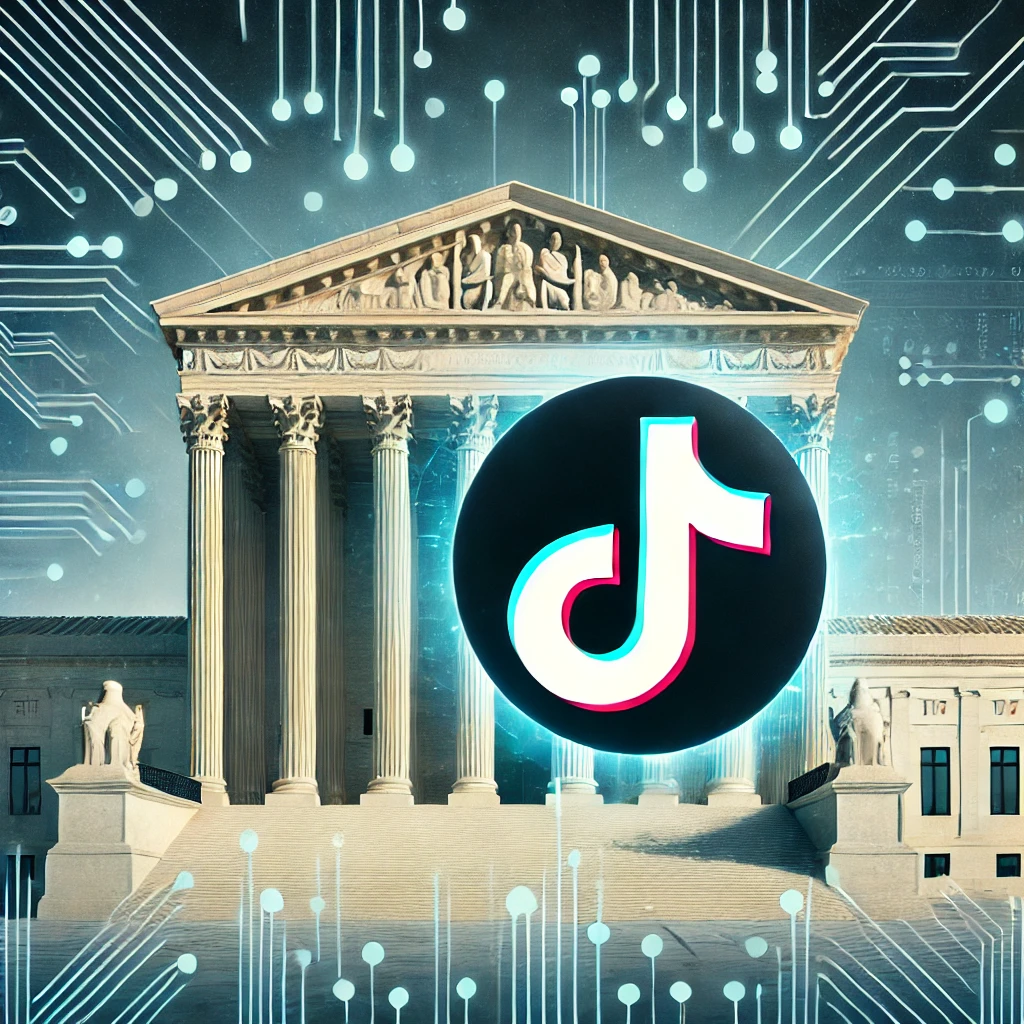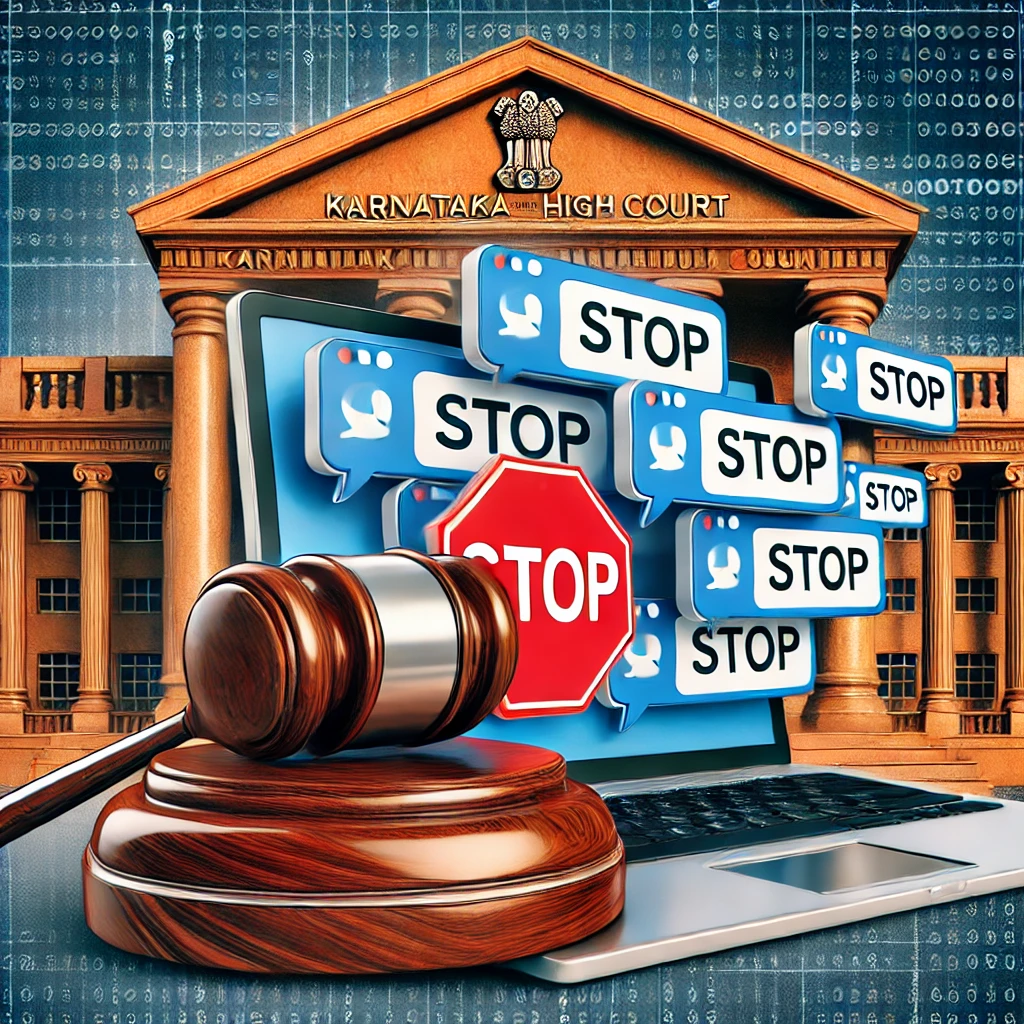Media laws at Chile
In Chile, media laws are guided by constitutional principles, national legislation, and international human rights standards, but the landscape has evolved significantly over the years. While the country has a strong constitutional framework for protecting freedom of expression and press freedom, challenges related to media concentration, corporate influence, and occasional restrictions on media freedom still persist.
Here’s an overview of media laws in Chile:
🇨🇱 Media Laws in Chile: Overview
📜 Key Legal Frameworks
Constitution of Chile (1980, Reformed in 2005):
Article 19, No. 12 of the Chilean Constitution guarantees the freedom of expression and the freedom of the press. It states that "freedom of thought and expression is guaranteed," and it protects individuals’ right to freely express their opinions through various means, including the media.
However, these rights are subject to restrictions, such as national security, public order, and the protection of reputation. These limitations have sometimes been used to justify restrictions on media content.
Law No. 18,838: Law of the Press (1989):
This law regulates the freedom of the press in Chile and provides legal protection for journalists, although it has undergone significant changes since its enactment.
It includes provisions related to the right to information, right of reply, and defamation laws. The law guarantees freedom of the press, but it allows for the imposition of fines or penalties for spreading false information or engaging in defamation.
Over time, this law has been increasingly criticized for being outdated, especially in addressing modern digital media.
Broadcasting Law (2010):
Law No. 20,383, passed in 2010, reformed the country's broadcasting laws, consolidating various regulations regarding radio, television, and cable broadcasting.
The law aims to improve media diversity, ensure equal access to broadcasting licenses, and promote public service media.
The National Television Council (CNTV) is the regulatory body for broadcasting in Chile, responsible for issuing broadcasting licenses, monitoring content, and enforcing broadcasting regulations.
General Law of Telecommunications (1982):
This law regulates telecommunications, including the operation of television, radio, and internet services.
It provides the legal basis for the licensing of telecommunication services in the country and addresses issues such as media concentration and access to the airwaves.
The law emphasizes the need for diversification in the media sector and aims to ensure that a broad range of content is available to the public.
Defamation and Libel Laws:
Chile has both civil and criminal defamation laws, and journalists can be sued for defamation or libel if their reporting harms someone's reputation.
Journalists have faced legal action for publishing articles critical of political figures or businesses, leading to concerns about self-censorship within the media.
Freedom of Information Law (2010):
Chile passed a Freedom of Information Law (Ley de Acceso a la Información Pública) in 2010, which grants citizens the right to request and receive information from government agencies.
This law has been hailed as an important step in transparency and ensuring that government-held information is accessible to the public. However, implementation and enforcement are sometimes inconsistent.
Cybercrime Law (2019):
Law No. 21,168, passed in 2019, addresses cybercrime and online content regulation.
This law allows for the monitoring of online activity and gives authorities the power to block certain types of online content, especially when it pertains to cyberbullying, harassment, or incitement to violence. However, critics argue that the law could be used to restrict freedom of expression online.
📰 Media Environment in Chile
Print Media:
Chile has a robust print media sector, with a variety of newspapers, magazines, and journalistic outlets that cover diverse topics.
Major newspapers like El Mercurio, La Tercera, and La Nación dominate the print landscape, with El Mercurio being one of the largest and most influential outlets in the country.
There are also alternative media outlets, including smaller publications and digital platforms that often provide investigative journalism and analysis of issues from an independent perspective.
Media concentration remains a concern, as a few large corporations own a significant share of both print and broadcast media in Chile, leading to worries about plurality and media diversity.
Broadcast Media:
The National Television Council (CNTV) regulates both public and private television and radio stations. Televisión Nacional de Chile (TVN) is the state-owned national broadcaster, while other major players include Canal 13, Mega, and CHV.
While there is a relatively high degree of media pluralism in Chile, there are concerns about concentration of media ownership in the hands of a few large business conglomerates.
The 2010 Broadcasting Law sought to address some of these issues by promoting diversity in the media sector and creating mechanisms for public interest broadcasting.
Digital Media:
Digital media has been growing rapidly in Chile, with many Chileans relying on online platforms and social media for news.
There has been a rise of digital-only news outlets, such as The Clinic, Ciper Chile, and El Desconcierto, which focus on investigative journalism and independent reporting.
Social media platforms like Facebook, Twitter, and Instagram have become key tools for journalists and activists, but the government has occasionally faced pressure to regulate online content and combat fake news.
Chile's Cybercrime Law has raised concerns about how it might be used to limit free speech on the internet.
⚖️ Key Challenges in Media Law:
| Issue | Status in Chile |
|---|---|
| Press Freedom | Constitutionally protected but challenges with media concentration and political influence. |
| Media Concentration | High concentration of media ownership by a few large companies, potentially limiting diversity. |
| Defamation and Libel | Defamation laws are used to silence criticism, with journalists occasionally facing legal action. |
| Broadcasting Regulation | The CNTV regulates broadcasting but must balance media diversity with government oversight. |
| Online Media | Increasing digital media but concerns about government regulation and cybercrime laws limiting online freedom. |
| Journalist Safety | Harassment and intimidation of journalists exist, particularly those covering corruption or organized crime. |
🛡️ Protection for Journalists
Freedom of Expression: While Chile generally supports freedom of expression, there are occasional concerns regarding the criminalization of defamation and the use of laws to restrict independent journalism.
Self-Censorship: The media landscape in Chile can be shaped by powerful interests, particularly from corporate owners and political elites, leading to self-censorship in certain sectors.
Journalist Safety: Chile has seen incidents of harassment and threats against journalists, particularly those working on sensitive topics like corruption or human rights abuses. However, journalist protections are generally respected compared to other countries in the region.
📡 Media Regulation Authorities
National Television Council (CNTV):
The CNTV is the body responsible for regulating the television and broadcast radio sectors in Chile.
It is tasked with ensuring that broadcasters comply with legal standards, including content regulation and public interest broadcasting.
The council also monitors programming diversity and encourages public service content, but critics argue that it still exerts significant control over media content.
Chilean Press Association (AIEP):
The AIEP is an important professional organization that represents the interests of journalists and advocates for press freedom in Chile.
It plays a key role in defending the rights of journalists and promoting ethical standards in journalism.
Superintendence of Telecommunications (Subtel):
This regulatory body oversees the telecommunications sector, including both traditional media (radio, TV) and internet service providers.
It enforces the General Law of Telecommunications and issues licenses for broadcasting and telecommunication services.
📌 Conclusion
Media laws in Chile provide a strong constitutional framework for press freedom and freedom of expression, but the media landscape is shaped by issues like media concentration, corporate interests, and occasional self-censorship. Broadcasting regulation is fairly robust, but concerns remain about government influence, particularly in digital media and online content regulation.




















0 comments